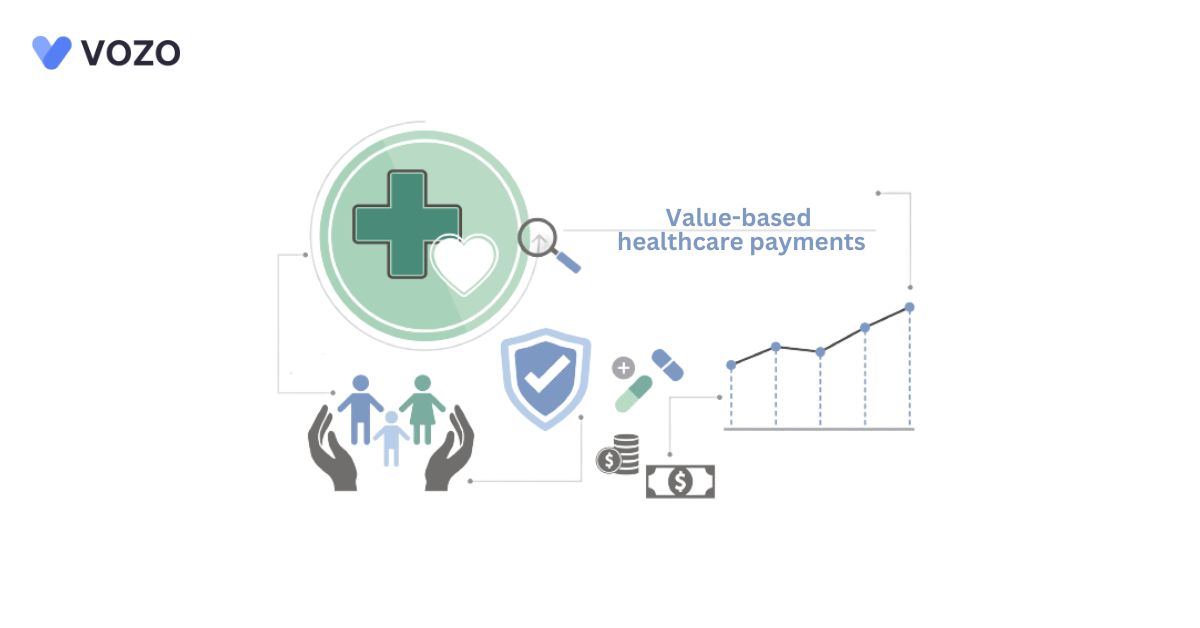Value-based Healthcare Payments: 5 Vital Insights you will need to Build One
Even after tons of experiments over the years on value-based healthcare payments, the worldwide healthcare system is yet to reach that complete transformation.
Even after emphasizing the importance of value-based healthcare, we are at a slow pace toward the ultimate goal. Value-based healthcare means putting the patient at the center of focus and providing care in cost-effective ways.
The best outcome of this was when the pandemic broke out. It showcased the benefits of value-based healthcare to the world. The completed change toward value-based care is not possible overnight, we all know that. But it requires all participants to commit, engage, and work towards the common initiative.
RELATED: Lead the Value-based Healthcare Payments transformation to the real future
5 Vital Insights you need to build a Value-Based Payment Model
To speed up the healthcare transformation towards a value-based care system, Global Coalition for Value in Healthcare created a Global Enablers Payments Community network. It had many healthcare experts and exchanged experiences on case studies on value-based payment models. It brings local, regional, and national experiences to a global platform.
These experts shared their learnings throughout their journey. Here are 5 vital insights shared by them.
1. Strong data
- An integrated platform with interoperable systems is vital for expanding value-based payment models.
- Another vital thing is transparency. It shows the outcomes across the entire care cycle to the provider.
- Sometimes it will need a longer time to evaluate value and ROI.
- A cross-stakeholder or payer data exchangeability is required as patients move along the care spectrum.
2. The correct model
- Selecting the right opportunity is critical for value-based payment models.
- It depends on the type of patient and the responsible entity depending on whether the condition is chronic, acute, or elective.
- It also depends on whether the responsible entity is a primary care or specialist.
- For eg, in the case of pharma, the right value-based payment model depends on the level of uncertainty with the thing’s impact on the value chain.
3. Aligning outcomes matter
- Lining up the right outcomes that discover payment accountability is vital.
- Like care models, payment models must also be centered on the goal of improving patient outcomes.
- Payment models will navigate the incentives that award the care delivery model’s alignment with patient outcomes.
- This focus must happen at once to produce a high-value and fair healthcare system.
4. Third-party partnership
- Traditionally new payment models needed negotiation and seeded mistrust among partners.
- A successful value-based payment model needs partnerships in new ways with a vision to improve patient outcomes.
- It also needs resources, skills, and abilities to make the above happen.
- Policymakers and Government play key roles in reducing the payment model difficulties.
- It requires model utility and supporting the supporters that ease the development.
- Stakeholders must rearrange their work, increase trust & coordinate missions using long-term flexible agreements.
5. Standardization
- Standardizing eases the time-taking process of structuring value-based payment models & aligning the outcomes.
- Standardizing pre-competitive core principles can reduce admin burdens for providers.
- It can relieve time and resources while the implementation differs across healthcare systems.
The end goal is to drive healthcare transformation from volume to value for patients. The World Economic Forum is confident that the stakeholders worldwide will create new partnerships and continue to spread the success of value-based payment models.
Final thoughts
Healthcare delivery is now in the initial stages of a huge change sparked by the COVID-19 pandemic. This ongoing value-based healthcare transformation will need advanced technologies to deliver value-based care. Smart cloud-based EHRs can help you with this initiative.
VozoEHR supports value-based care equipped with telehealth, alternative payment methods, and others. It delivers and protects vital health data required to care for those who are in need.
“Let’s pave way for a better health community backing value-based care”
About the author

With more than 4 years of experience in the dynamic healthcare technology landscape, Sid specializes in crafting compelling content on topics including EHR/EMR, patient portals, healthcare automation, remote patient monitoring, and health information exchange. His expertise lies in translating cutting-edge innovations and intricate topics into engaging narratives that resonate with diverse audiences.













